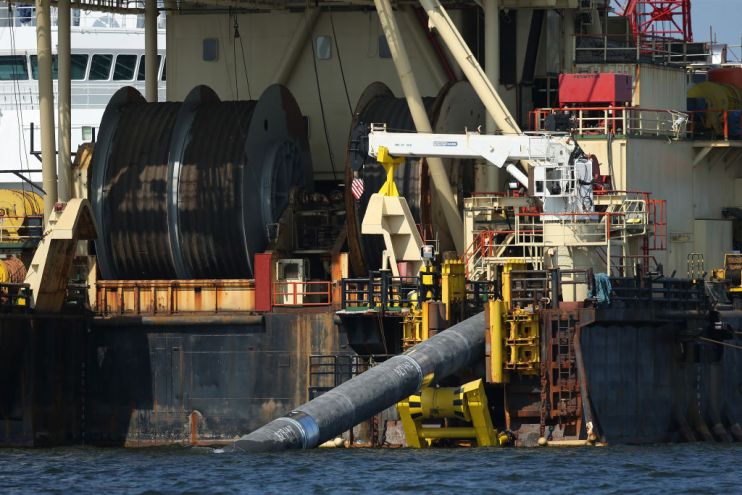Uniper expects to pay for Russian gas in roubles despite halting flows into Poland and Bulgaria

Uniper has confirmed it still expects to be able to pay for long-term gas contracts from Russia through the roubles payments process signed into law by Russian President Vladimir Putin last month.
It considers Russian gas flows into Germany to be secure, despite a halt in flows to Poland and Bulgaria after both countries refused to pay in roubles.
Uniper’s chief commercial officer Niek den Hollander said: “That is a deal between that counterpart and Gazprom. So it will not have an impact on the transit of volumes through Poland. So anyone who is off-taking, for instance in Germany, could theoretically still continue to use that route through the Yamal pipeline. As for Bulgaria, we think it’s a similar situation.”
It also argues the payment process complies with sanctions, as companies and countries can convert currencies into roubles via Gazprombank prior to the payment.
“We consider that the amendment of the payment process complies with the sanctions law and so the payments are possible,” added Uniper finance chief Tiina Tuomela.
The comments were made following the German utility provider’s first quarter results, with the firm suffering a net loss of €3bn (£2.53bn).
It cited impairment charges from its Russian Unipro and its involvement in the suspended Nord Stream 2 pipeline.
The company, which is majority-owned by Finland’s Fortum said overall impairments stood at around 2 billion euros in the first quarter.
Uniper last month flagged it would fully impair the €987m loan it provided to the pipeline, and that it had initiated a sales process for Unipro.
The approval process for the already completed Nord Stream 2 pipeline was suspended in February prior to Russia’s invasion of Ukraine.
If greenlit, the pipeline would have provided 155bn cubic meters of gas per year, doubling flows from Russia to Germany.
The country’s top importer of Russian gas also revealed its operating performance was also negatively impacted by lower gas storage withdrawals.
This resulted in lower profits but higher storage levels, which could benefit the firm in the long-term amid market volatility and fears of supply disruptions.
Uniper finance chief Tiina Tuomela said: “We have deliberately made this shift in results to take advantage of market opportunities and create additional value. At the same time, it strengthens security of supply in Germany, as we have withdrawn less gas from our storage facilities.”
Gazprom’s decision earlier today to suspend flows to Poland and Bulgaria has seen gas prices spike over ten per cent with tensions between the West and the Kremlin continuing to escalate.
As a result of not selling gas out of storage, Uniper swung to an adjusted loss before interest and tax of €830m in the first quarter, compared with a year-earlier profit of €731m.
Uniper still expects adjusted operating profit of €1-1.3bn and adjusted net profit of €800m to €1.1bn in 2022.